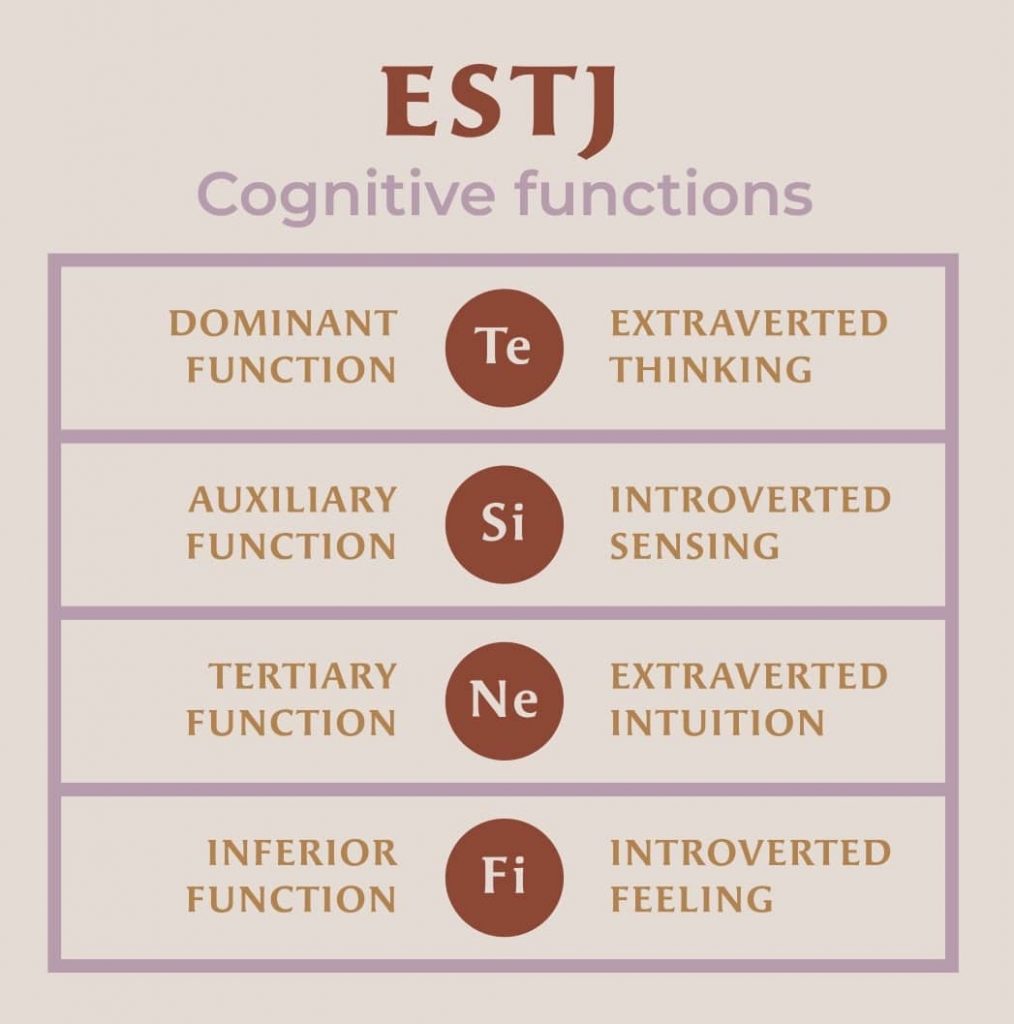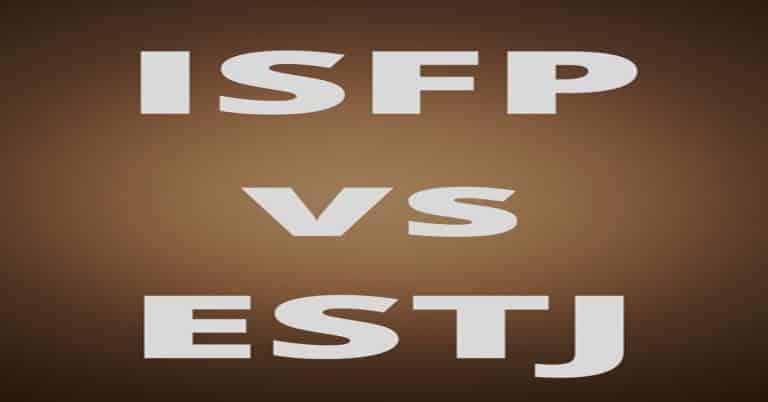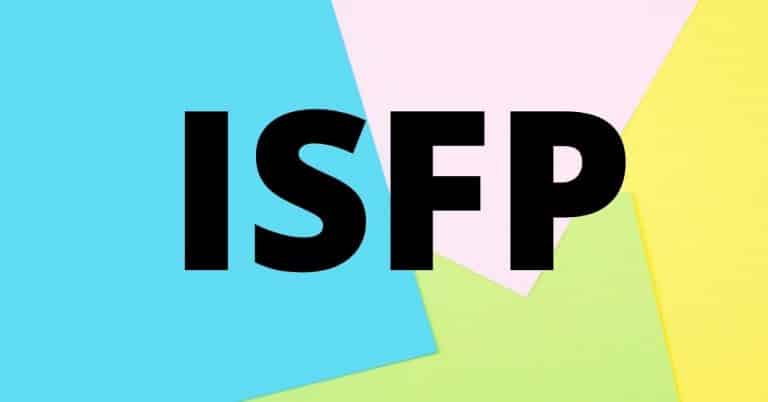ESTJ – The Executive
Contents
ESTJ Meaning:
ESTJs are one of the more common Myers-Briggs personality types, with it consisting of approximately 9 percent of the general population. It is also much more common in men than women, with men reporting in at 11 percent, compared to women reporting at 6 percent. Other descriptions of the ESTJ personality type include The Supervisor, the Organizer, and the Administrator. The ESTJ consists of Extraverted, meaning they derive their energy from engaging with other people and the outside world, Sensing, in that they prefer to use information obtained directly through the five senses, Thinking, focused on objective logic and analysis, and Judging, where they have a strong preference for an ordered and organized lifestyle.

ESTJ and Career:
ESTJs tend to be extraordinarily structural and organized in both their personal and professional lives. Always on the side of fact and logic, they are systematic in their overall approach, almost to a methodical degree. They are true efficiency experts, continuously integrating new discoveries and theories to improve current methods and processes. Given a task, the ESTJ is relentless in their pursuit to complete it, and they do consider emotion when driving for results. They do not hesitate to push the envelope, be it with their team, their co-workers, or even their leaders. ESTJs respect and value rules and regulations, as they ensure a particular order and predictability within the workplace.
If there are unclear rules or processes for any given situation or task, the ESTJ will volunteer themselves to develop one. This initiative usually earns them the respect and appreciation of their leaders, and the ESTJ quickly gains a reputation for efficiency. This reputation more often than not also results in the ESTJ becoming a prime candidate for leading teams or projects.
ESTJ as Direct Reports:
As direct reports, ESTJs can be perceived as a bit of a ‘bull in a china shop’ in that they look to take charge of any given situation or team. This sure-headedness may be unpalatable by their fellow co-workers. However, the result of the ESTJ taking control is creating efficiency, accountability, and structure to the team and workplace. ESTJs do not avoid conflict. Instead, they have absolutely no issue with butting heads, especially when an explicit rule is violated or if their competence is ever questioned.
ESTJs are comfortably bound in the practical and logical realm due to their Sensing and Thinking tendencies. They are delighted with making the present as efficient and streamlined as possible and have a great value and appreciation for the status quo. ESTJ do not tend to naturally be forward-thinking innovators, as they do not see much merit or value in spending time and energy in the theoretical or abstract realm.
ESTJs also have little to no patience for co-workers who do not follow the rules. Regardless of their position or profession, they will take their role extremely seriously. They have a great trust in laws, rules, and regulations and do have sympathy when a co-worker is disciplined for having broken some rule or procedure.
Given their Judging tendency, ESTJs will follow a very structured schedule and routine. ESTJs, therefore, tend to be very punctual in their attendance, as well as with deadlines and due dates.
ESTJ as Leaders of Others:
The ESTJ thrives as being a leader of others. They relish the opportunity to develop new work processes and procedures or update existing ones. The ESTJ makes it a point to ensure there is no ambiguity amongst their teams and within the workplace. That is to say, an ESTJ’s team will know precisely what is allowed and not allowed within the workplace and will also learn the exact consequence if any given rule is not followed. This rigidity makes for a highly ordered and, indeed, fair workplace.
However, this type of environment also tends to stifle creativity and independent thought. ESTJs do not necessarily value change or innovation, and this can be a point of contention for the ENTJ’s more creative and innovative members on a team. Morale is not of the deepest concern for the ESTJ. However, they do understand that employee morale plays a significant role in a productive and effective team. As such, they will attempt to establish connections with each of their team members in an almost systematic approach. While appreciated by some, this approach can also come across as superficial and contrived to the more Feeling and Perceiving types.
ESTJs shine the brightest when they have clearly established goals cascaded to them. While they do not particularly enjoy envisioning or strategizing for the future, they do enjoy executing the vision of others in the most organized and structured approach possible.
ESTJ Professions:
Based on their personality types, ESTJs have very particular preferences for career and profession. Given their nickname, The Supervisor, ESTJs make for excellent mid-level managers in a variety of roles, including Sales Manager, Hotel Manager, Project Manager, Office Manager, Factory Supervisor, Bank Manager, Property Manager, as well as Personal Trainers.
Given their fascination and intimate understanding of rules and regulations, they also do particularly well in Law-and-Order professions, including Judge, Lawyer, Police Officer, Military Officer, Paralegal.
And, while the ESTJ is excellent in roles where the direction and the nature of the position are noticeably clear and laid out, it is unsurprising that the ESTJ tends to avoid professions where the landscape is a bit more uncertain or unpredictable, especially when it involves anything to do with creativity or deviating from the status quo. Examples include Graphic Designer, Artist, Writer, Musician, Actor, Social Worker, as well as Child Care Provider. This is not to say that ESTJs would not be highly successful in these roles, but, instead, these particular professions do not necessarily align with their natural preferences and tendencies. Therefore, they may find these roles much more challenging to enjoy and excel at.
ESTJ and Interpersonal Relationships:
As Extraverted Thinkers, ESTJs make for very polarizing friends or lovers. ESTJs are very direct and assertive in their communication, and this tends to ward off the more Feeling and Introverted personality types. ESTJs are also very logical and methodical concerning their relationships as well, in that they will be just as systematic in planning and organizing their relationship as they are in their workplace.
ESTJ in Friendships:
ENTJs work best in relationships with other personality types that share the same values and perspectives on the world as themselves. That is to say, they work well with other practical and grounded personality types that live in the here and now. They also appreciate others who are as organized and structured as themselves, which would include other Judging types.
As such, the most compatible personality types for the ESTJ include the ISTJ (Introvert, Sensing, Thinking and Judging), the ESTP (Extravert, Sensing, Thinking and Perceiving), the ENTJ (Extravert, Intuitive, Thinking and Judging), as well as other ESTJs.
This is not to say that other personality types cannot form solid and lasting relationships. Or that these personality types will be instantly successful. Rather, it is to say that given each personality type’s preferences, there are fundamental values that overlap for some and clash for others. That being said, some of the personality types that can potentially clash with the ESTJ include the ISFP (Introvert, Sensing, Feeling, Perceiving), the INTP (Introvert, Intuitive, Thinking and Perceiving), the INFP (Introvert, Intuitive, Feeling and Perceiving), as well as the ENFP (Extravert, Intuitive, Feeling and Perceiving).

ESTJ in Romantic Relationships:
In romantic relationships, the ESTJ tends to be very traditional, devout, and dutiful. The ESTJ is exceptionally responsible and maintains order throughout the household. They tend to take control of the relationship as well. While some personality types certainly appreciate this, others may feel smothered or dominated. This need for control comes from the ESTJ’s need for structure in their lives above all else. If the ESTJ’s partner is in any way disrupting this structure or balance, it can quickly make for a point of contention for both parties.
ESTJs prefer partners who observe and value the same traditions as themselves. Once in a relationship, instead of embracing or seeking change, they tend to rather create an environment where very little can change, with little room for surprises or spontaneity. The ESTJ works best with a partner who can appreciate this and who is just as happy with the status quo as they are.
ESTJ and Families:
Unsurprisingly, ESTJs also make for very conventional and traditional parents. They truly embrace their role as parents and guardians and apply their Supervisor approach to the household. Like their direct reports at work, ESTJ’s children will know every expectation and rule within the home and the exact consequence of breaking that rule or expectation. Nothing comes as a surprise in the ESTJ’s household, and that is because that is exactly what they strive for – no surprises.
ESTJs expect their children to follow in their same footsteps and instill in them a sense of organization, schedule, and routine from a very early age. However, if their children tend to be more of the Feeling or Perceiving personality type, it can be difficult for the ESTJ to navigate as a parent. Given the ESTJ’s frankness and no non-sense attitude, they can be particularly intimidating in the eyes of a child, especially one who is perhaps more sensitive than others. If not kept in check, this could cause a rift in the parent-child relationship, and the ESTJ’s children will prefer to avoid any unnecessary contact with their parent as much as possible.
As such, the ESTJ must be conscious of the fact that in their interpersonal relationships, and especially with their children, their Supervisor approach will not always be well-received or effective. The ESTJ should take particular care to ensure they are not misrepresenting themselves to their children, and that above all else, they are not taking the emotions and feelings of their children for granted.
Conclusion:
ESTJ’s are practical, logical, organized, and systematic in every aspect of their lives, whether it is professional or personal. They want to maintain order and routine above all else, and do this by creating, following, and enforcing rules (whether they are in a position of authority or not). When ESTJs are in charge of teams, they can come across as almost tyrannical or unnecessarily bureaucratic in their approach, which may not be well received by some personality types.
The ESTJ applies the same method and approach in their personal lives and relationships as well. And, while this does indeed ensure stability and order in their lives, it can also cause strain on relationships, especially when the more Feeling and Perceiving personality types are involved.
As such, the ESTJ is highly effective at leading and managing people. However, they should keep a pulse on how they may be perceived or understood on an emotional level, especially in regards to their family.
You can find information on famous people with ESTJ personality types such as celebrity actors, sportsmen, characters and other historical characters with this personality type.







